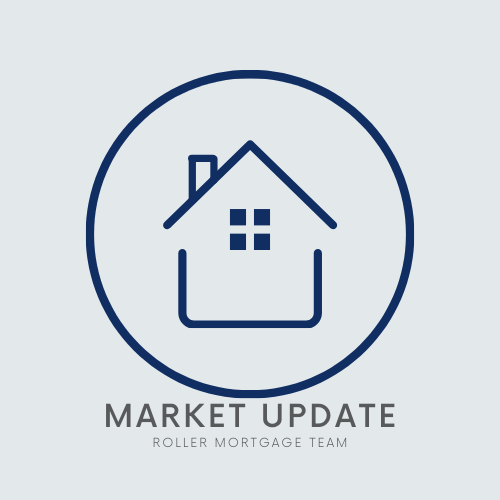In the sunset years of life, wouldn’t it be nice to sit back, relax, and let your home pay you instead of the other way round? To our seasoned veterans who’ve served the country with unwavering dedication, we bring forth the strategy of reverse mortgages. LeaderOne Financial Roller Mortgage Team extends a warm salute and invites you to delve into the depths of Reverse Mortgages for Veterans.
Reverse Mortgages for Veterans: Unraveling the Mystery
It’s time your investments started paying you back. After years of hustling, home equity has become your trusty companion. So, how about letting this faithful friend shoulder your financial needs in retirement?
A reverse mortgage, as the name implies, reverses the conventional flow of a mortgage. Instead of making monthly payments to the bank, you—the homeowner—start receiving payments based on the equity you’ve built in your home. The good news? You still retain homeownership.
How do They Work?
Reverse mortgages for veterans primarily operate under the Home Equity Conversion Mortgage (HECM) program, regulated by the Federal Housing Administration (FHA). This ensures stringent consumer protection and guarantees you’ll never owe more than your home’s value.
- Payments: The lender pays you, either as a lump sum, monthly payments, or a line of credit.
- Repayment: The loan is typically repaid when you move out, sell the home, or pass away.
- Residency: You’re required to maintain the home as your primary residence.
Are You Eligible?
As a veteran homeowner, you’d need to satisfy the following criteria:
- You or your spouse must be at least 62 years old.
- The home must be your principal residence.
- You must either own your home outright or have a low outstanding mortgage balance.
- You’re required to attend a consumer counseling session.
Maximizing Benefits with Reverse Mortgages
Reverse mortgages for veterans can be a double-edged sword. However, wielding this financial tool wisely can offer considerable benefits.
Supplementing Retirement Income
Tapping into home equity can serve as a reliable income stream, filling the gap in your retirement budget. It’s akin to having an additional pension, only, it’s your home footing the bill.
Delaying Social Security
The longer you wait to claim your Social Security benefits (up to age 70), the higher the monthly payout. A reverse mortgage can provide financial coverage during this waiting period, maximizing your eventual benefits.
Paying Off Existing Debts
If you’ve got outstanding debts, a reverse mortgage can help to wipe the slate clean, reducing your monthly expenses and easing financial stress.
The Potential Pitfalls: Eyes Wide Open
While reverse mortgages can be a lifeline, it’s essential to understand the risks and downsides attached.
Costs to Consider
Like any loan, reverse mortgages often come with closing costs, insurance premiums, and servicing fees that should be considered. Your Loan Originator should be able to break down these costs for you, so you will be armed with all the knowledge you need to make a smart decision for your future.
Impact on Heirs
Upon your demise, your heirs will inherit the loan and the responsibility of repayment. They can either sell the home to clear the debt or refinance to keep the property.
Financial Maintenance
If you fail to pay your property taxes, homeowners insurance, or maintain your home, you could face foreclosure. Remember, your home is the collateral.
To Reverse or Not to Reverse?
Frequently Asked Questions
What are the upfront and ongoing costs? When considering a reverse mortgage, it’s important to be aware of the associated costs. Upfront costs may include origination fees, closing costs, and mortgage insurance premiums. Ongoing costs may include servicing fees and interest charges.
What are the tax implications? Reverse mortgages can have tax implications. In most cases, the loan proceeds are not considered taxable income. However, it’s advisable to consult with a tax professional to understand the specific implications for your situation.
How will it affect my government benefits? The eligibility for certain government benefits, such as Medicaid or Supplemental Security Income (SSI), can be impacted by the funds received from a reverse mortgage. It’s essential to consult with a benefits specialist to understand the potential effects on your specific benefits.
What happens if I have to move out for health reasons? If you have to move out of your home permanently due to health reasons, the reverse mortgage may become due. However, the specifics can vary based on the terms of your loan. It’s crucial to review the loan agreement and consult with your lender to understand the options available in such situations.
What’s the impact on my spouse if I pass away first? If you have a reverse mortgage and you pass away, the surviving spouse can continue to live in the home without having to repay the loan immediately. However, certain conditions must be met, such as the spouse being named on the loan agreement. It’s advisable to discuss this scenario with your lender and consider seeking legal advice.
What’s the plan if the loan balance exceeds my home’s value? In a reverse mortgage, the loan balance may increase over time, potentially exceeding the value of your home. In such cases, the Federal Housing Administration (FHA) insurance typically covers the difference. This means you or your heirs won’t be held responsible for the excess loan amount. However, it’s essential to review the loan terms and discuss the specifics with your lender.
Reverse mortgages for veterans are indeed a tempting proposal. They offer a financial safety net, allowing you to live out your golden years with dignity and independence. But, like any financial decision, they come with risks that should be assessed in order to make a sound decision for you and your loved ones. Remember, knowledge is power, and are always here to guide you on your journey. Veterans, it’s time to take the reins and steer your retirement towards tranquility and financial freedom.



